Cooking oil stands as a fundamental item in any kitchen, utilized in an array of recipes. Whether you're frying vegetables, marinating meats, or baking cookies, chances are oil is a key ingredient.
A glance into your pantry reveals a diverse selection of oils at your fingertips. However, not all oils share the same qualities—some excel under high temperatures, while others enhance salad dressings. Beyond the recipe itself, the nutrient profile of oils also factors into their suitability for use.
Despite having a similar caloric content (approximately 120 calories per tablespoon), cooking oils vary significantly in their nutrient composition, particularly in terms of their fat content. While some oils contain higher levels of unsaturated fat, others consist predominantly of saturated fat. Furthermore, within the unsaturated fat category, the presence of different types of fats, such as monounsaturated and polyunsaturated, influences the health benefits of the oil.
In this guide, we'll dissect the top 5 healthiest cooking oils and highlight 5 to avoid. Keep reading to explore the oils commonly used in cooking and their impact on your health.
THE 5 HEALTHIEST OILS TO COOK WITH
1) Best: Extra-Virgin Olive Oil
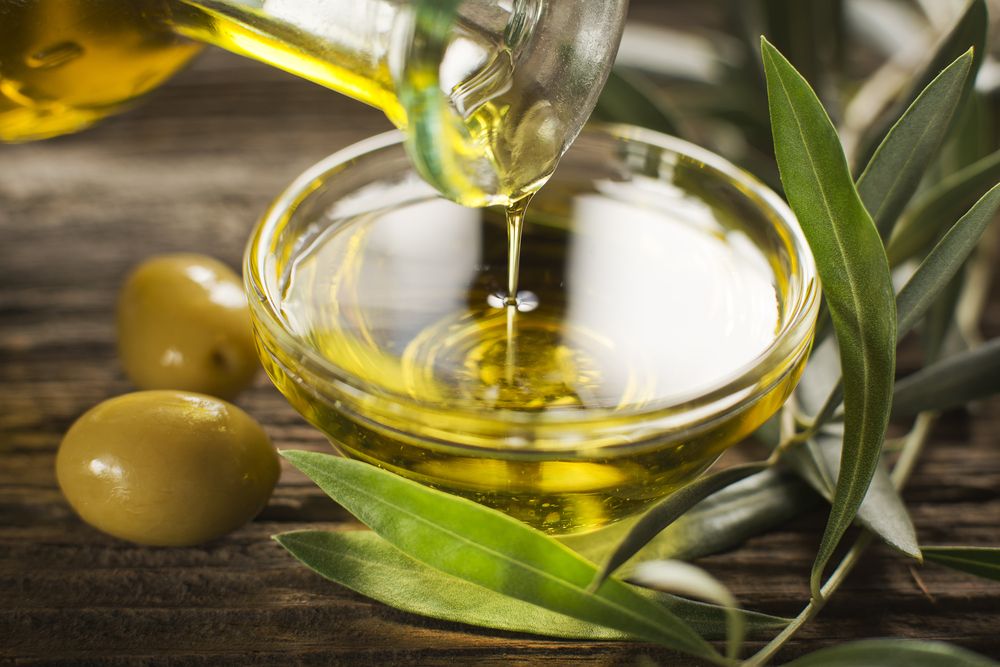
A kitchen essential, you've likely heard about the heart-healthy qualities of extra-virgin olive oil. Not only is it versatile, complementing both cold and hot dishes, including baked goods, but it's also abundant in unsaturated fat and vitamin E.
The primary unsaturated fat found in olive oil is oleic acid, a monounsaturated fat known for its numerous benefits, such as guarding against insulin resistance and exhibiting anti-inflammatory properties. Additionally, the presence of vitamin E in olive oil acts as an antioxidant, demonstrating efficacy against various diseases and conditions. Incorporate olive oil into your culinary endeavors by making homemade salad dressings, sautéing veggies over medium heat, or substituting it for butter in baked goods for a healthier option.
2) Best: Avocado Oil
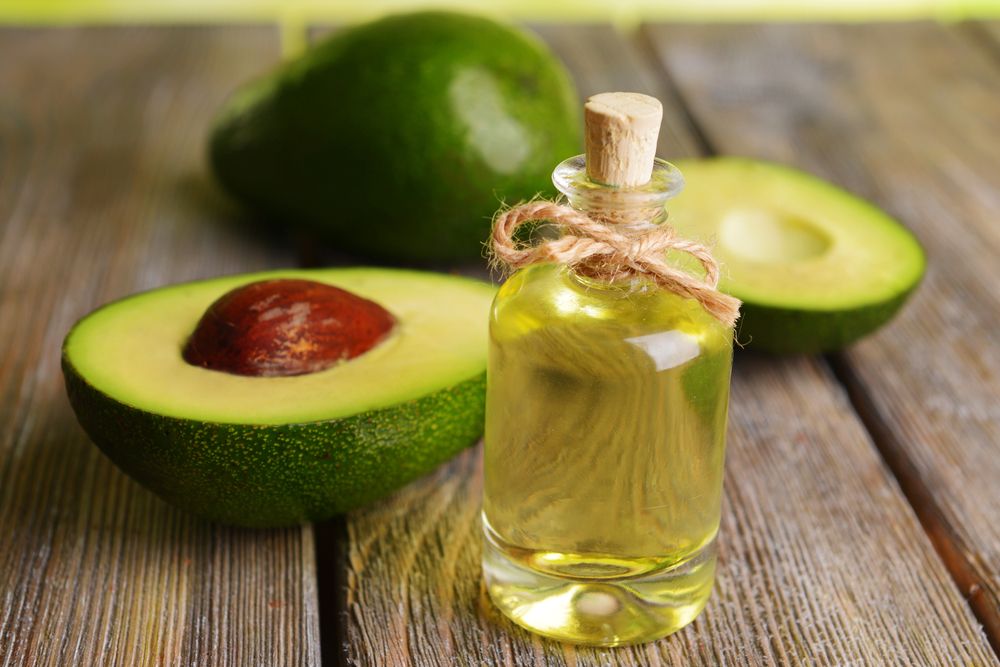
Renowned for its impressive smoke point of 520 degrees Fahrenheit, avocado oil stands out as an excellent choice for high-heat cooking methods such as frying. Its mild flavor makes it versatile enough to be incorporated into both sweet and savory dishes, as well as baked goods. Like olive oil, avocado oil boasts a high concentration of oleic acid, rendering it a beneficial source of healthy fats.
In a particular study, regular consumption of avocado oil was linked to a decrease in triglyceride and LDL cholesterol levels, which are key markers for heart health. With its versatility, avocado oil can be used for pan-frying, deep frying, roasting, and baking, in addition to cold applications like salad dressings and homemade mayonnaise.
3) Best: High Oleic Sunflower Oil
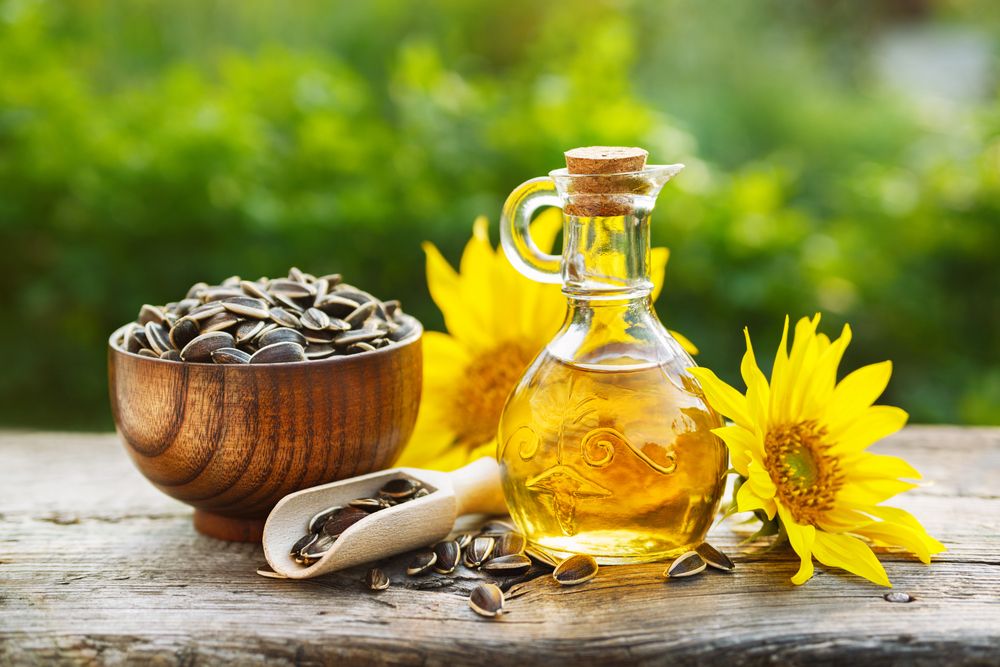
Sunflower oil presents itself as a healthier alternative to certain oils due to its unsaturated fat content. However, it's crucial to acknowledge that these unsaturated fats mainly comprise Omega-6 fatty acids, which may raise some health concerns. While Omega-6 is essential for our bodies, excessive intake can lead to inflammation and subsequent health issues.
Fortunately, high oleic sunflower oil provides a solution by featuring a lower Omega-6 content alongside a significant concentration of oleic acid. This combination makes high oleic sunflower oil a health-conscious option suitable for pan-frying, sautéing, and as a substitute for butter in baking.
4) Best: Sesame Oil
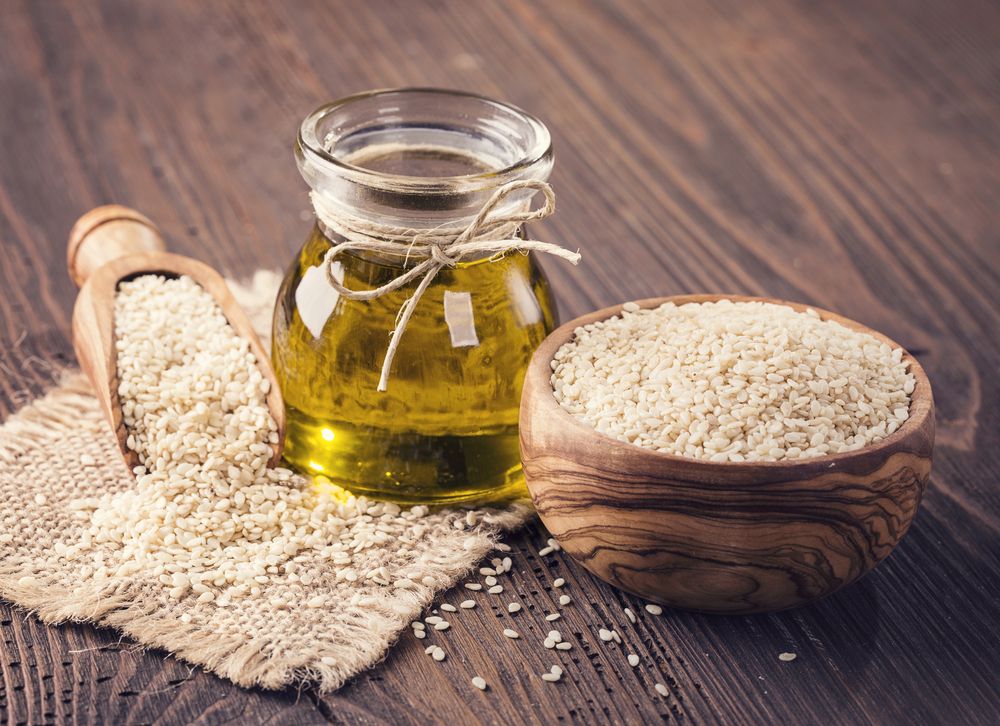
While its distinctive nutty flavor may limit its versatility in cooking and baking, sesame oil still finds its place in a variety of dishes while offering potential health benefits.
Rich in antioxidants, sesame oil provides compounds that safeguard cellular health. Additionally, it exhibits anti-inflammatory properties that could potentially mitigate the risk of heart-related issues such as atherosclerosis. Research even suggests that sesame oil may offer relief from discomfort associated with osteoarthritis.
Incorporating sesame oil into your culinary repertoire is simple. Asian-inspired dishes like stir-fries and noodle dishes benefit from its unique flavor profile. Furthermore, it can be utilized in marinades and dips, such as hummus, to add depth and complexity to your creations.
5) Best: Peanut Oil
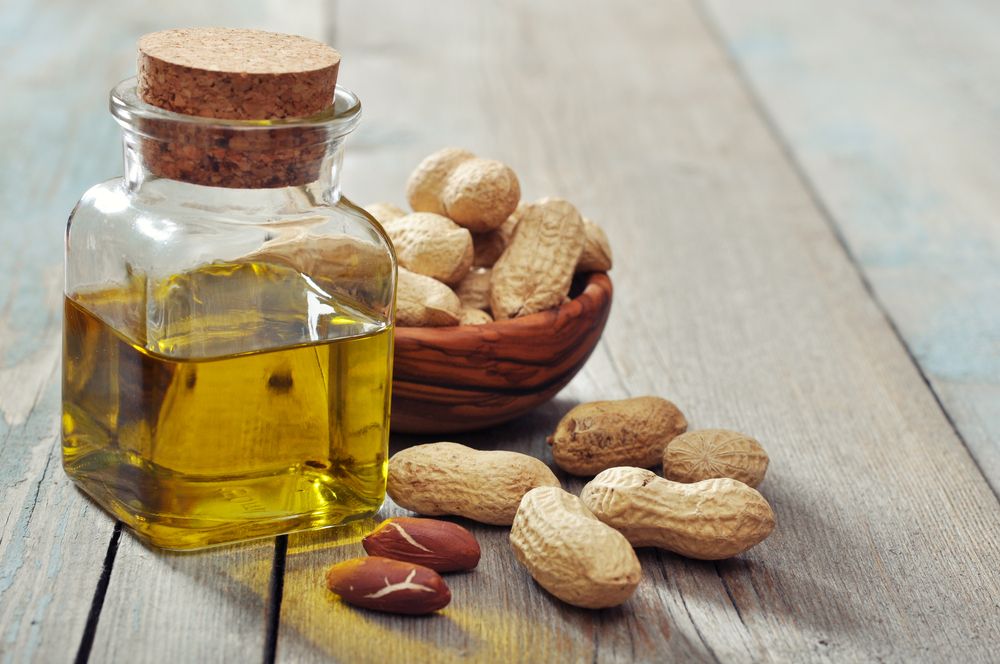
Despite its drawbacks, peanut oil offers numerous potential health benefits. Primarily, it is abundant in oleic acid, a feature shared by many oils on our list renowned for their health-promoting properties. Additionally, peanut oil serves as a notable source of vitamin E, delivering antioxidant benefits. The presence of unsaturated fats, akin to those found in peanut oil, may also contribute to blood sugar regulation.
However, it's crucial to acknowledge that peanut oil contains inflammatory Omega-6 fatty acids. Excessive intake of Omega-6 without sufficient Omega-3 intake can have adverse effects on health, necessitating a balanced approach. Despite this consideration, incorporating peanut oil into your diet can prove advantageous given its nutritional profile, provided it's balanced with other Omega-6 sources, such as the less healthy oils mentioned below.
THE 5 UNHEALTHIEST COOKING OILS
1) Worst: Palm Oil
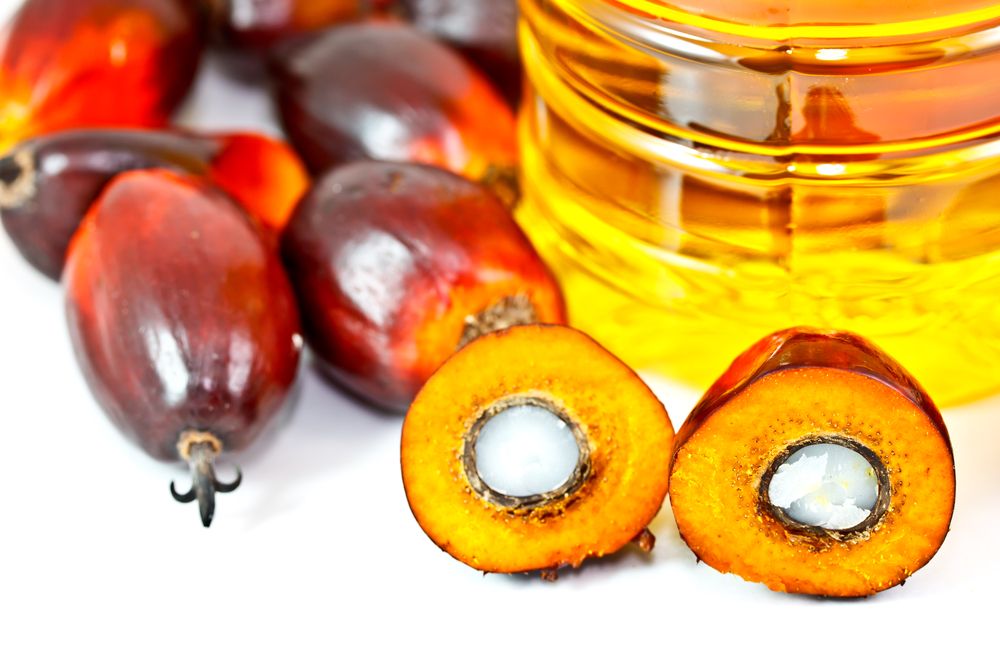
While using a single oil in cooking may not directly lead to significant health issues, it can contribute to concerns. Palm oil, for instance, is notable for its high concentration of saturated fat, which has traditionally been linked to adverse effects on blood cholesterol levels and an increased risk of heart disease.
Although more recent research has cast doubt on the extent of the negative effects of saturated fats on health, they still lack the beneficial properties of unsaturated fats. Consequently, it's advisable to exercise caution and limit the consumption of palm oil in your diet. Despite its limited use in home cooking, palm oil is prevalent in processed foods, ranging from cakes and pizza crusts to biscuits and chocolate spreads.
Moreover, the cultivation of palm oil involves the clearing of rainforests, posing a threat to the ecosystem. Thus, it's essential to consider the environmental impact when consuming products containing palm oil.
2) Worst: Soybean Oil
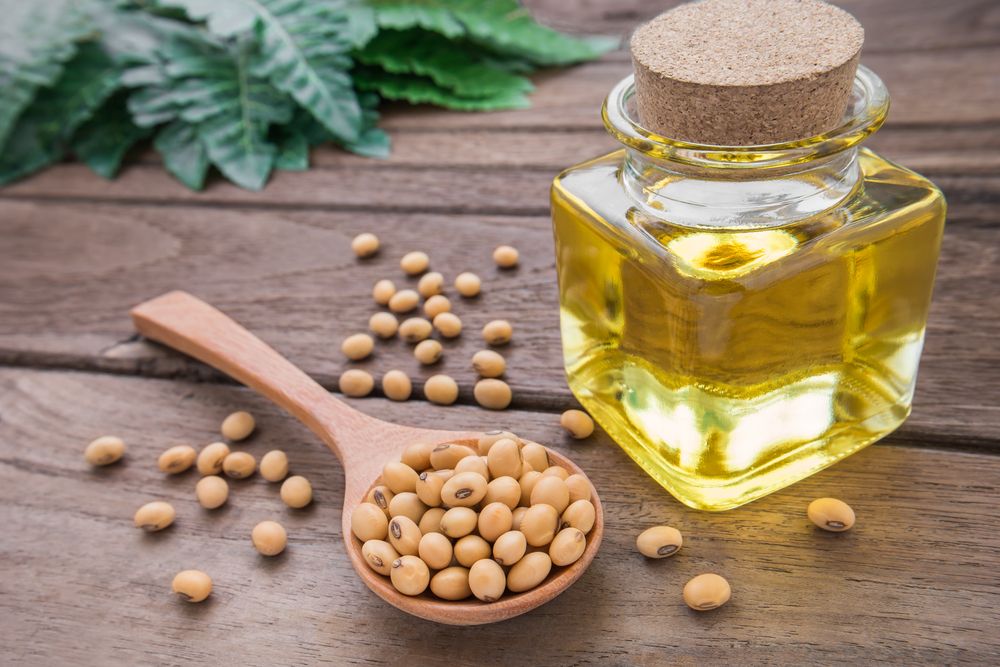
Derived from soybeans, soybean oil is a type of vegetable oil processed from the soybean plant. Despite boasting a relatively high smoke point of 400 degrees Fahrenheit, recent research suggests it may pose health risks. Studies have indicated that soybean oil could potentially contribute to obesity and glucose intolerance. Additionally, the high Omega-6 content in soybean oil has been linked to the development of digestive ailments like colitis.
While soybean oil might not be a common choice for home cooking, it is prevalent in a wide array of commercially prepared products such as salad dressings, condiments, and fried foods. Therefore, it's prudent to be mindful of its presence in processed foods when considering dietary choices.
3) Worst: Corn Oil
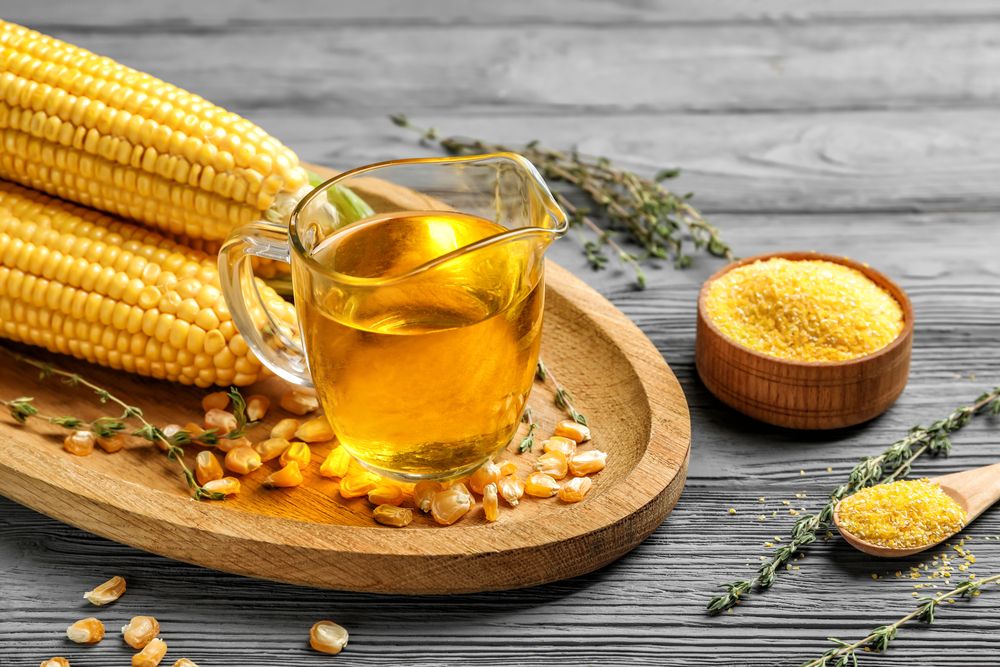
Another frequently employed vegetable oil, corn oil is primarily utilized in deep frying. Despite containing some vitamin E, corn oil carries several potential drawbacks. Its notable high Omega-6 content is a significant concern, particularly as it lacks substantial health benefits to counterbalance this concentration. Moreover, the majority of corn oil is derived from genetically modified (GMO) corn, and research indicates that GMO crops may exacerbate food allergies and sensitivities.
For those contemplating deep frying, opting for avocado oil over corn oil is advisable to enhance the intake of healthy fats. Avocado oil offers a more favorable nutritional profile, making it a preferable choice for culinary applications.
4) Worst: Hydrogenated Vegetable Oils

Hydrogenated vegetable oil isn't a natural product; it's created synthetically by adding hydrogen molecules to liquid oils, turning them into a solid form with a longer shelf life. While this process may improve texture, it also produces trans fats, which are known to have negative effects on heart health and may increase the risk of various diseases and conditions. Common sources of trans fats include margarine, vegetable shortening, and products containing these ingredients. Limiting the consumption of such items can substantially reduce trans fat intake, contributing to a healthier diet.
5) Worst: Coconut Oil
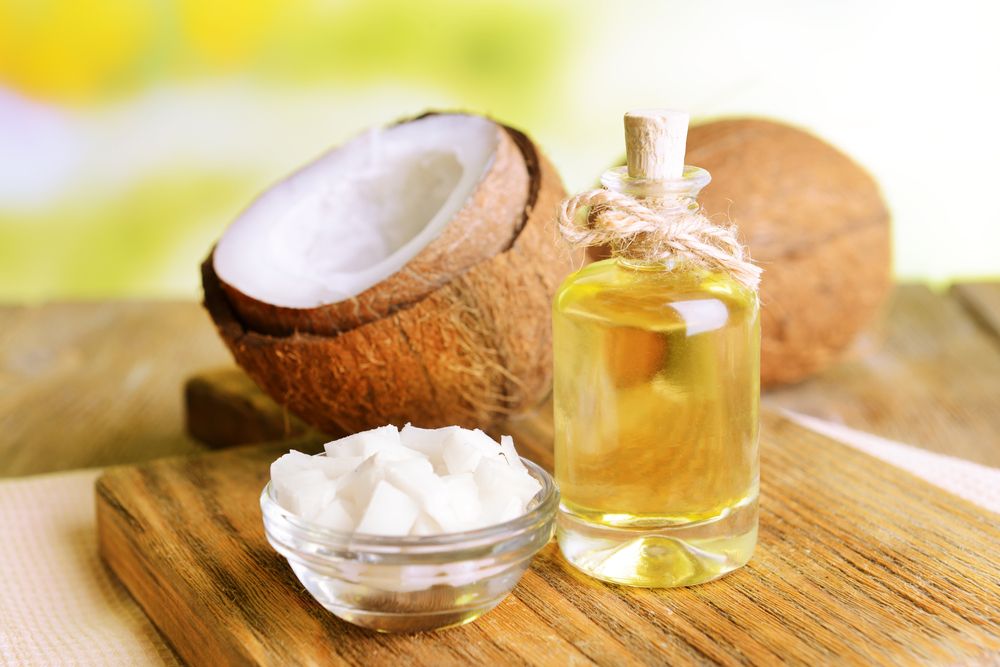
Despite its surge in popularity over the past decade, there are reasons to moderate your consumption of coconut oil. It boasts a high concentration of saturated fat, rendering it less ideal compared to other oils. While saturated fat may not be as detrimental to our health as previously believed, it's still prudent to limit intake as it lacks significant health benefits, unlike unsaturated fats.
For instance, a study discovered that coconut oil consumption led to elevated levels of both LDL and HDL cholesterol. While an increase in HDL cholesterol can be advantageous for health, it doesn't counterbalance the potential risk of heart disease associated with the rise in LDL cholesterol. Due to conflicting research findings regarding coconut oil, it's advisable to restrict intake and instead opt for oils with established health benefits more frequently.

